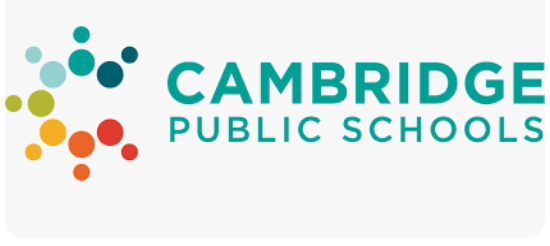Comprehensive Needs Assessment
Optimize your federal and state funding
Comprehensive Needs Assessment
A comprehensive needs assessment (CNA) is a systematic process used to identify essential educational needs and deeply understand challenges within a particular context, system, or school. It includes gathering and analyzing data from multiple sources to gain a thorough understanding of the strengths, weaknesses, gaps, and priorities within a program site
In the realm of education, understanding the unique requirements and challenges of your students, teachers, and school community is paramount to delivering effective solutions and achieving success. This is where a Comprehensive Needs Assessment (CNA) plays a pivotal role. A CNA is a systematic approach to identifying the strengths, weaknesses, and areas of improvement within an educational institution, and it forms the bedrock for informed decision-making and impactful reforms.
Explore our Comprehensive Needs Assessment service at Edu Solve. Tailored to your unique requirements, our assessment empowers educational institutions with valuable insights, guiding strategic decisions for enhanced performance and success. Uncover opportunities for improvement and growth with Edusolve’s expert solutions.
What Is a Comprehensive Needs Assessment?
Student Achievement: Analyzing student performance data to determine areas of improvement and to identify students who may need additional support.
Curriculum and Instruction: Evaluating the effectiveness of the curriculum, teaching methods, and educational materials.
School Climate and Culture: Assessing the overall environment and culture of the school, including safety, student engagement, and relationships among staff and students.
Professional Development: Identifying the professional development needs of teachers and staff to improve their capacity to meet students’ needs.
Family and Community Involvement: Examining the level of engagement and collaboration with parents and the broader community.
Resources and Facilities: Evaluating the availability and adequacy of resources, including technology, facilities, and support services.
Why Is a Comprehensive Needs Assessment Important?
Informed Decision-Making: CNAs provide a data-driven foundation for educational leaders to make informed decisions. It helps in setting clear goals and objectives based on identified needs.
Resource Allocation: By identifying areas that require improvement, CNAs enable schools to allocate resources efficiently to address those needs.
Accountability: CNAs support accountability by establishing a transparent framework to track progress and assess the impact of interventions over time.
Equity and Inclusivity: Through the CNA process, schools can address disparities and ensure that all students have an equal opportunity to succeed.
- Continuous Improvement: CNAs are not a one-time exercise but a cyclical process. Regular assessments help schools adapt to changing circumstances and evolving needs.
Conducting a CNA
Involves the following steps
Data Collection
Data Analysis
Analyze the collected data to identify patterns, trends, strengths, weaknesses, and areas of improvement. This analysis helps identify the most pressing needs and prioritize them based on their impact and feasibility.
Stakeholder Engagement
Reporting & Action Planning
Document the findings of the assessment in a CNA findings report that outlines the identified needs, recommendations, and strategies for improvement. Your system may already have an outline for the report, or we recommend using one. Develop an action plan that outlines specific steps, responsibilities, and timelines for addressing the identified needs.
Implementation & Monitoring
What our clients are saying










